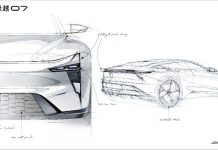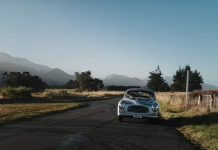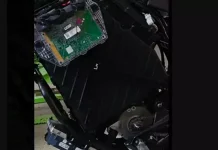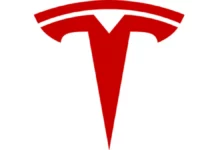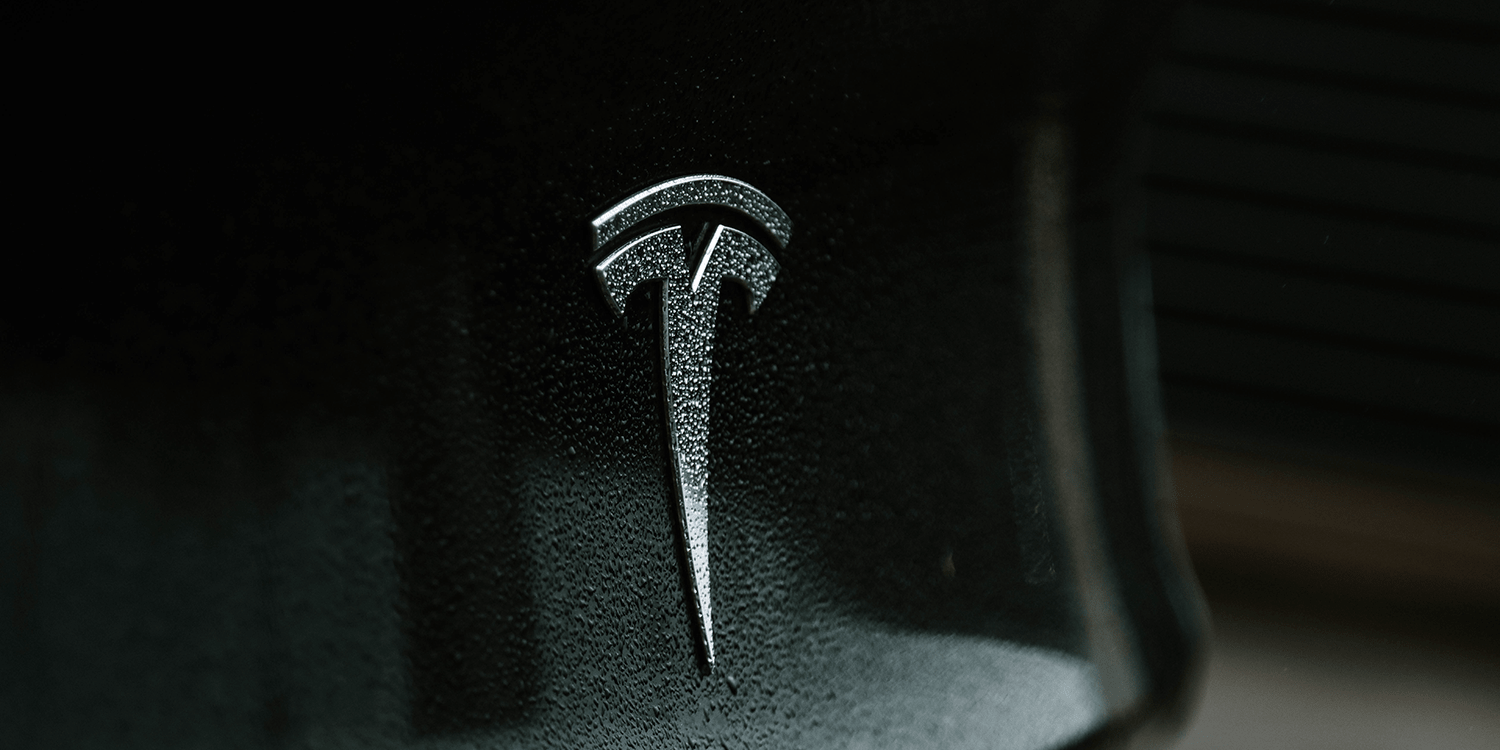Tesla
In recent developments that pose a significant turning point for one of the world’s most prominent electric vehicle manufacturers, Tesla, Inc. has disclosed an expanded investigation by the U.S. Department of Justice (DOJ), bringing under scrutiny several key aspects of the company’s operations.
This revelation, detailed in Tesla’s latest Securities and Exchange Commission (SEC) quarterly report, marks a heightened phase of inquiry as the DOJ extends its investigative reach beyond Tesla’s Full Self-Driving and Autopilot systems. Now encompassing issues related to the company’s claims about vehicle range, alleged personal benefits, and specific personnel decisions, the investigation heralds a period of increased regulatory pressure for the carmaker.
DOJ investigation
Against a backdrop of growing consumer sensitivity to electric vehicle capabilities and corporate governance, the investigation draws attention not only due to its breadth but also because of the underlying concerns it raises about transparency, consumer trust, and corporate ethics in the burgeoning electric vehicle industry.
The circumstances leading to this moment—a class-action lawsuit over vehicle range, reports of a special ‘Diversion Team,’ and inquiries into the potential personal use of company resources by CEO Elon Musk—paint a multifaceted picture of the challenges Tesla faces in maintaining consumer trust and regulatory compliance.

Here’s a breakdown of the key points and potential implications:
- Expansion of DOJ Investigation: The fact that the Department of Justice’s investigation has broadened beyond the initial scope of Autopilot and Full Self-Driving (FSD) concerns is significant. It suggests that during their preliminary findings, other potential red flags might have emerged, prompting a deeper look into the company’s practices.
Vehicle Range
- Concerns Over Vehicle Range Claims: Allegations around Tesla potentially providing unrealistic electric vehicle range estimates are serious because they go to the heart of consumer trust and regulatory compliance. If Tesla is found to have intentionally misled consumers, this could result in significant reputational damage, fines, or other penalties. It might also affect consumer perception and sales, given that the vehicle’s range is a critical consideration for potential EV buyers.
- Issues of Personal Benefits and Use of Company Resources: The investigation into whether company resources were inappropriately used for Elon Musk’s personal projects could lead to questions about governance, internal controls, and corporate ethics at Tesla. If any impropriety is uncovered, it could have legal ramifications and potentially impact investor confidence.
- The Legal Stance and Class Action Suit: The class action lawsuit by Tesla owners further complicates the issue, indicating that there’s substantial concern among consumers. The outcome of this lawsuit could have financial implications for Tesla, depending on what damages or remedies the court might order.
Autopilot
- Cooperation and Lack of Current Findings of Wrongdoing: Tesla’s statement about cooperating with inquiries and the lack of any conclusions of wrongdoing so far is a standard corporate response. It’s meant to assure investors and the public that the company is engaged in the process and believes in its compliance with the law. However, it’s important to note that investigations of this nature can be lengthy and outcomes are uncertain.
- Potential Impact on Business and Stock Performance: All these factors could contribute to increased volatility in Tesla’s stock price, as investors might be concerned about the potential financial, legal, and reputational risks. The broader impact on business operations can vary, but it’s likely that the company is allocating resources to manage this situation, which might otherwise be used for innovation, expansion, or other initiatives.
Consumer safety
- Regulatory Scrutiny and Future Compliance: This scenario underscores the importance of robust compliance mechanisms, especially for high-profile public companies like Tesla. It’s an opportunity for the company to reassess its internal controls, compliance programs, and disclosure practices to mitigate future risks.
Overall, Tesla, like any company under similar investigation, is likely bracing for a period of intense scrutiny. How it responds to these challenges and its ability to manage the legal and reputational risks effectively will be watched closely by investors, regulators, and customers alike.



